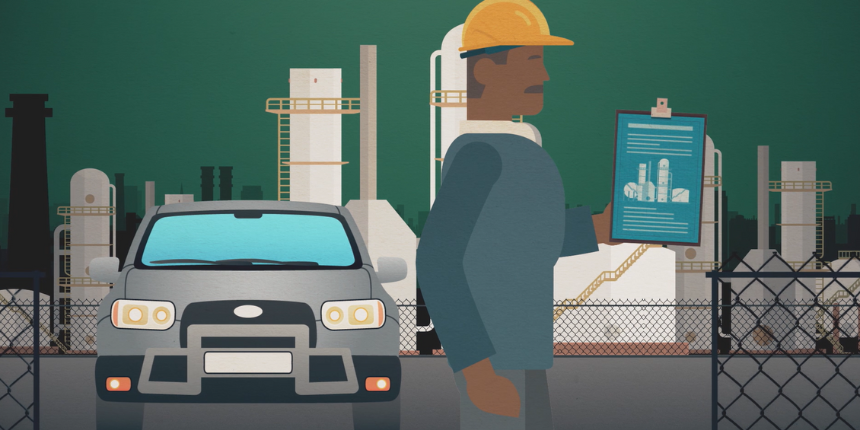

By Scott Belton, Hub International, provider of the Engineers Canada-sponsored Secondary Professional Liability Insurance Program
A bridge collapses shortly after opening. After the collapse, it comes out that an engineer at the firm responsible for designing it had raised concerns about the design that were never fully addressed.
When an oil spill was discovered in an area around a newly built oil pipeline, residents had questions. An investigation reveals one engineer had reported the use of improper welding techniques – and that the pipeline hadn’t passed all its inspections but was opened anyway.
A major utility wanted to build a dam, but many engineers and environmental scientists were concerned about the potential for destruction of habitats. In this case, the concerns led to further review before the destruction could occur.
In each of these real cases, an engineer acted as a whistleblower – they recognized a problem or potential problem and took action to protect the public from harm.
What is whistleblower coverage?
Taking that step to speak up is not easy, and many hesitate to report their concerns due to fear of retaliation or retribution.
In Canada, engineers have a professional and ethical duty to report issues that may jeopardize public safety. This includes flagging concerns such as unlicensed firms providing engineering services or identifying conduct that violates professional codes of ethics – like the examples mentioned above.
For those who make the choice to speak out, they are afforded protection through an insurance policy known as whistleblower coverage. The coverage is a protection specifically designed to protect engineers who report unethical or illegal activities within the industry.
What protections does whistleblower coverage offer?
Coverage is triggered when an engineer takes action based on an obligation defined by their professional organization’s code of ethics or its bylaws — typically after witnessing or becoming aware of an event that could endanger the public or breach ethical standards.
The policy provides four main areas of support:
- Legal consultation offers engineers an opportunity to speak to a legal expert when they want to report an issue but they aren’t sure how to do it. This coverage provides engineers an opportunity to speak to a professional without incurring the costs personally.
- Defense and indemnity is a peace of mind coverage offered to protect an engineer from legal action taken in retaliation to that engineer blowing the whistle. For example. if they blow the whistle against another firm or engineer, who then takes legal action against them, this policy will cover the cost of that defense as well as any damages.
- Lost income replacement helps to provide an engineer with an income in a situation where that engineer’s employment was terminated because they blew the whistle on. There is a limit on this (up to $75,000), but it can help support that engineer until they find a new position.
- Outplacement services, similarly, offers $10,000 to the engineer who was terminated because of a whistleblowing action to cover the cost of a recruitment or placement firm to help them find a new position.
Why is whistleblower coverage important?
It can be a challenge to report something unethical, especially when it involves a supervisor, colleague or long-time partner. Still, it’s critically important – both for maintaining public safety and for the integrity of the profession – that engineers continue to report a problem when they see it.
As a result, the whistleblower program is included as part of the larger secondary professional liability policy offered through Engineers Canada. Engineers who are members in good standing of participating provincial and territorial professional organizations are already covered by the program – no application necessary.
For those engineers that report unethical conduct, this offers essential, one-of-a-kind protection.
About the author
Scott Belton is the vice president of professional liability at global insurance brokerage Hub International. His team works with Canadian professional services firms and technology companies to provide risk management and insurance solutions. They provide advice and actionable insights to clients on their Professional Liability/Errors and Omissions, Cyber & Privacy Liability, Directors & Officers Liability and commercial insurance needs. Hub International is the provider for the Engineers Canada-sponsored Secondary Professional Liability Insurance Program.


